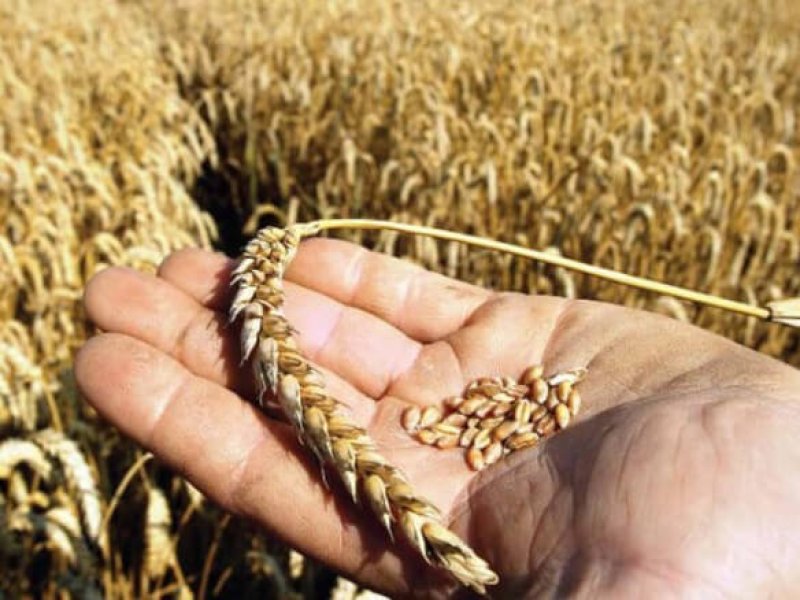Scientists from The Australian National University (ANU), ARC Center of Excellence in Plant Energy Biology, and CSIRO Agriculture and Food have developed a new method to identify drought-resilient wheat quickly, cheaply and accurately.
Lead researchers Dr Arun Yadav and Dr Adam Carroll said selecting wheat that can grow better during short- to medium-term drought is vital to help fight food insecurity around the world.
“Our work may be instrumental for farmers to maximize food production in the face of increasingly severe drought,” said Dr Yadav from the Research School of Biology and ARC Centre of Excellence in Plant Energy Biology at ANU.
“Hardy crop plants that can maintain high yields under drought will help farmers produce more food reliably and maintain domestic and export markets for Australia.”
“Drought is a major agricultural challenge in Australia, affecting food production, farmers’ livelihoods and costing the government billions of dollars in relief efforts.”
The simple test measured the relative abundance of four amino acids in wheat plants to predict their ability to maintain yield under drought much more accurately than current state-of-the-art methods, said Dr Carroll.
“This test can be done precisely in greenhouses all year round, at a fraction of the cost of traditional field-based methods. Plus, it gives more accurate predictions,” he said.
…
“If breeders are provided with 1,000 wheat varieties to choose from, they can select the drought resilient lines through a simple assessment of the four amino acids we’ve identified,” Professor Barry Pogson [Deputy Director of the ARC Center of Excellence in Plant Energy Biology at ANU] said.
Read full, original article: Scientists find new way to develop drought-resilient crops































